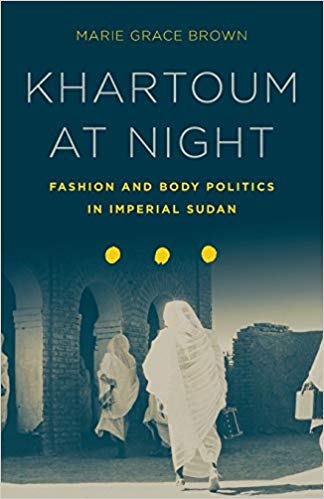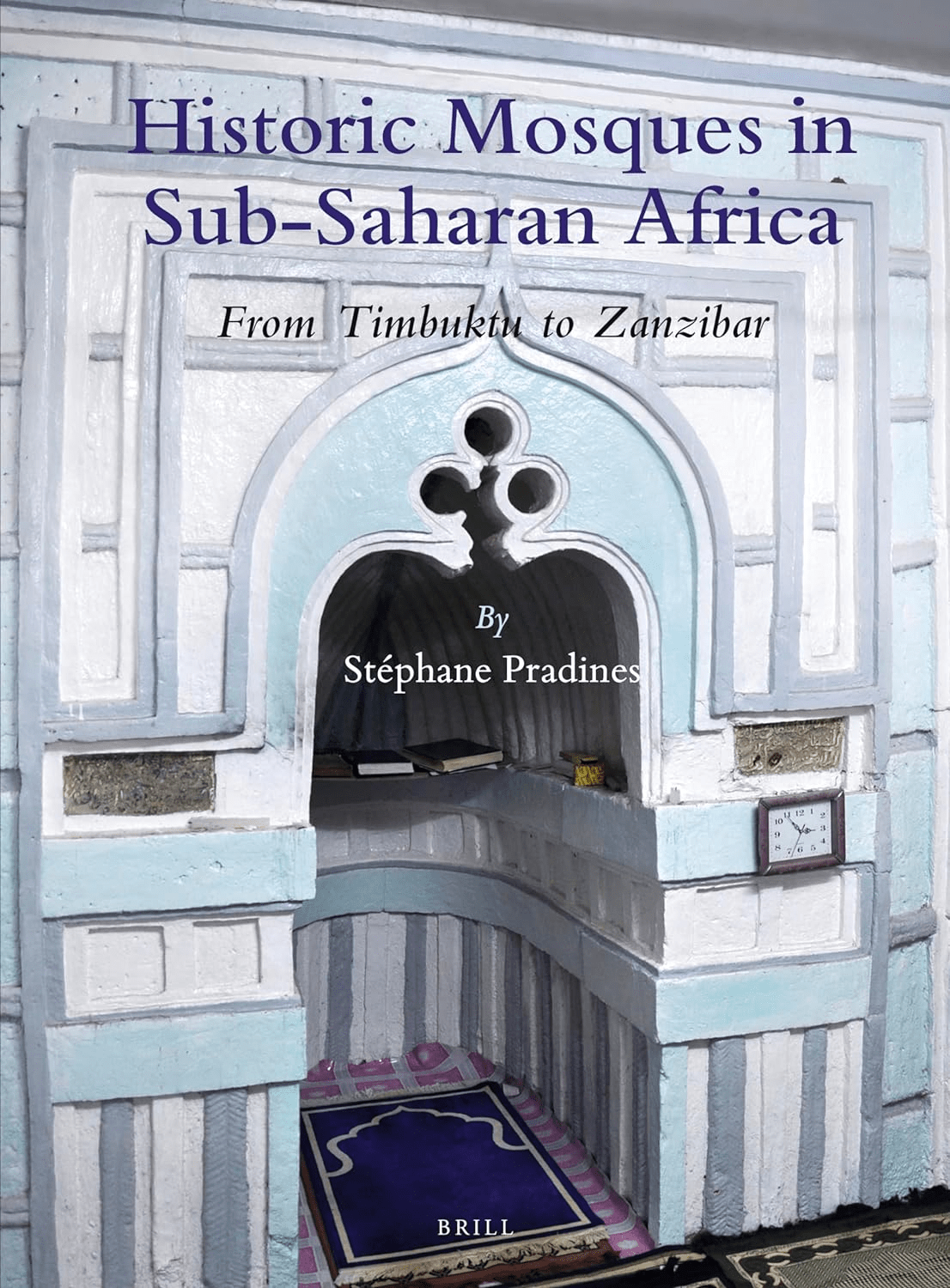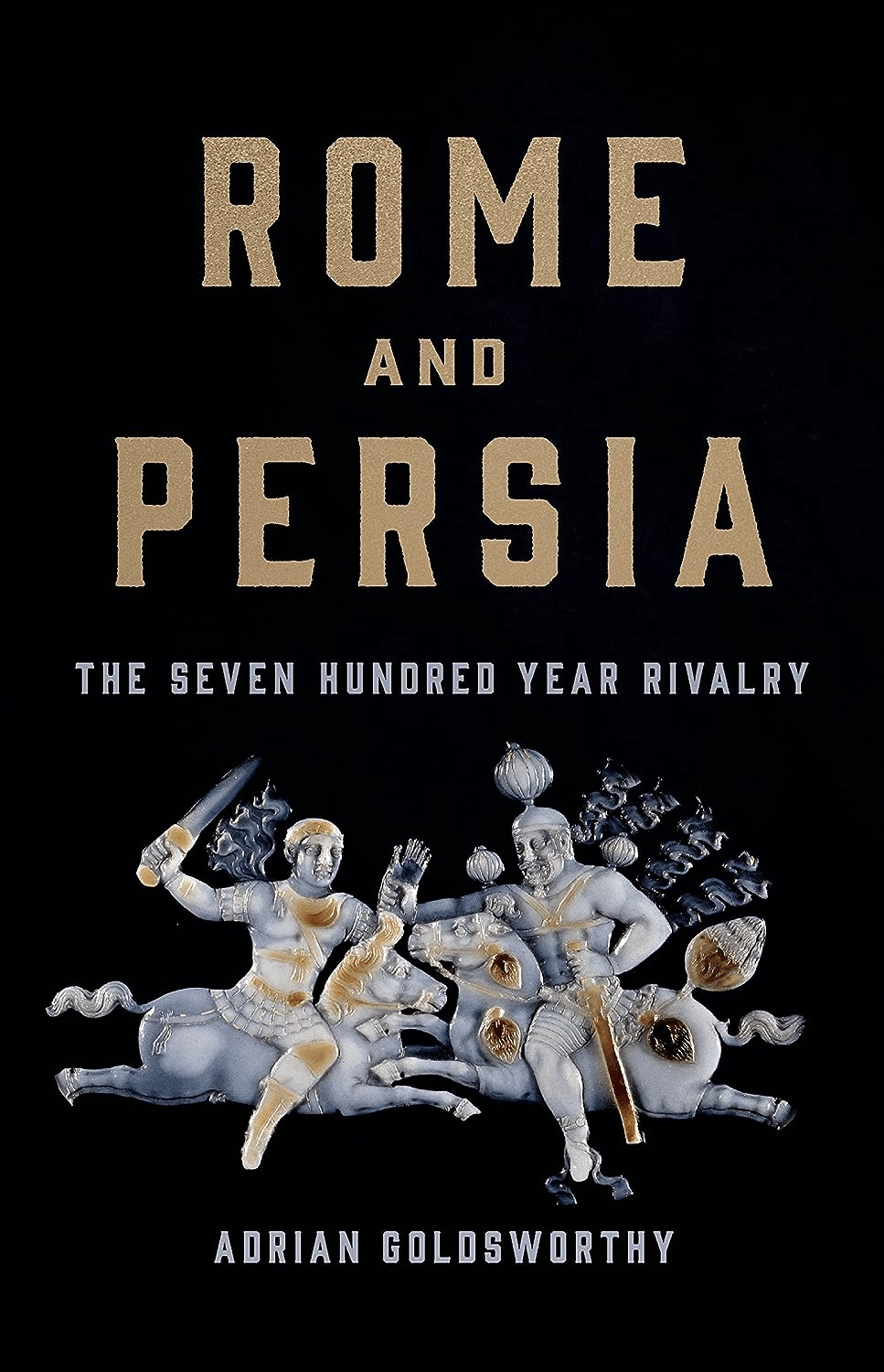
Khartoum at Night: Fashion and Body Politics in Imperial Sudan
Marina Ali
Marie Grace Brown
2017, Stanford UP, 9-781-50360-264-9, $22.50 pb.
This book about the influence of women’s fashion and clothing during Sudan’s colonial period is a timely study for today’s rapidly changing social climate. Marie Grace Brown provides a nuanced account of the impact of politics and economics on Sudanese women during the period of British colonial dominance, from 1899–1956, discussing how women used their clothes, shoes and even the spaces they occupied to effect change. She addresses topics such as women’s education and harems, explaining how they are meaningful aspects of Sudan’s history. She shows that seemingly benign things, such as marriage rites, hair braiding and childbirth, can have a significant impact on the national narrative. For example, there were marked differences in how Sudanese women gave birth before and after British occupation, which Brown asserts influenced the course of neonatal health for years to come. This intense reflection of Sudan’s history offers a fresh perspective on current events.
You may also be interested in...

Historic Mosques in Sub-Saharan Africa
From Mali to Tanzania, historian Stéphane Pradines traces a thousand years of Islamic architecture that forces us to rethink what we know about Africa’s past.
In War and Peace, Book Explores How Rome and Persia Remained Frenemies
Book Review: In his latest scholarly work, Roman historian Adrian Goldsworthy reduces Persian and Roman longevity to simply an ever-evolving coexistence.